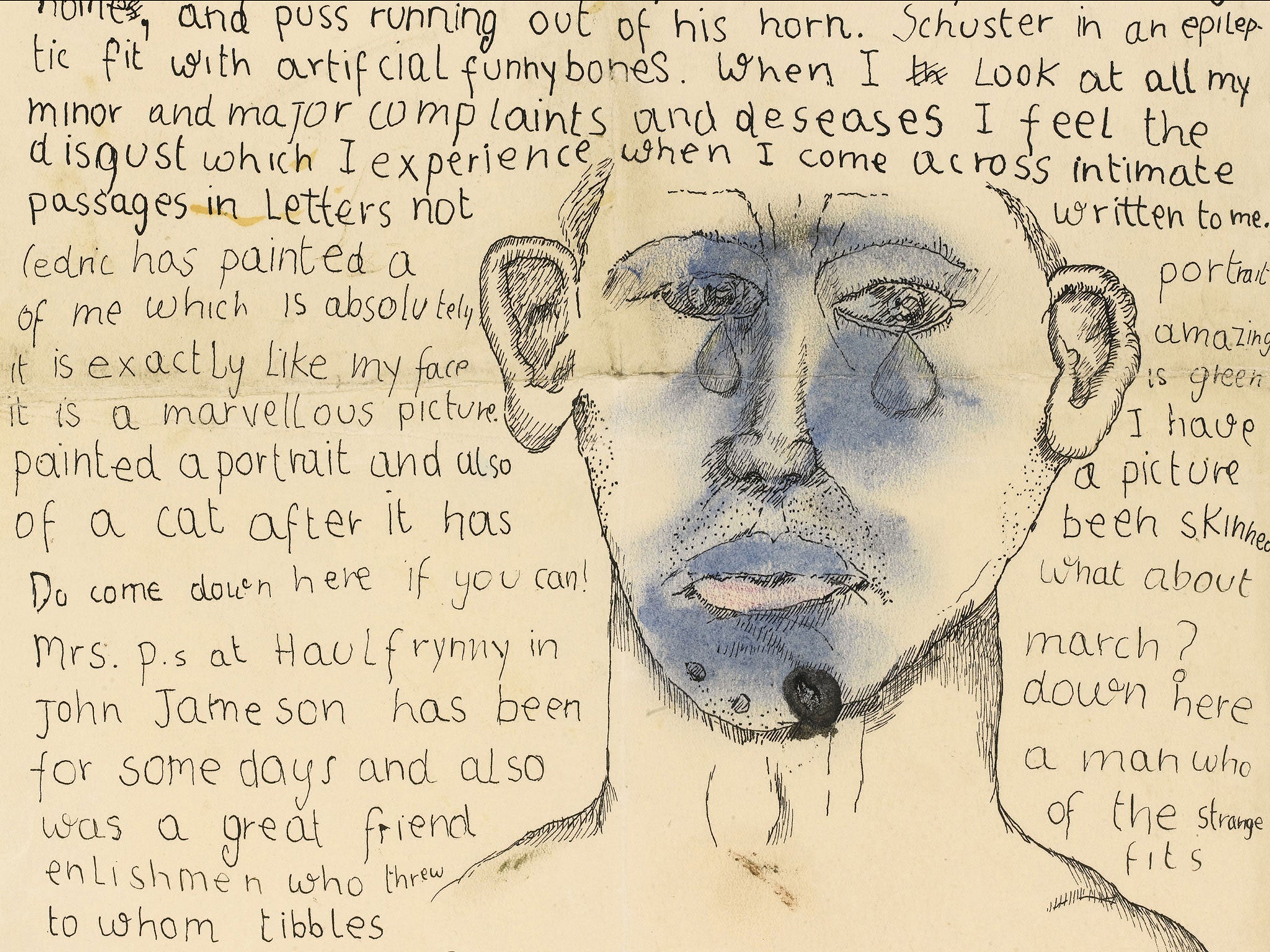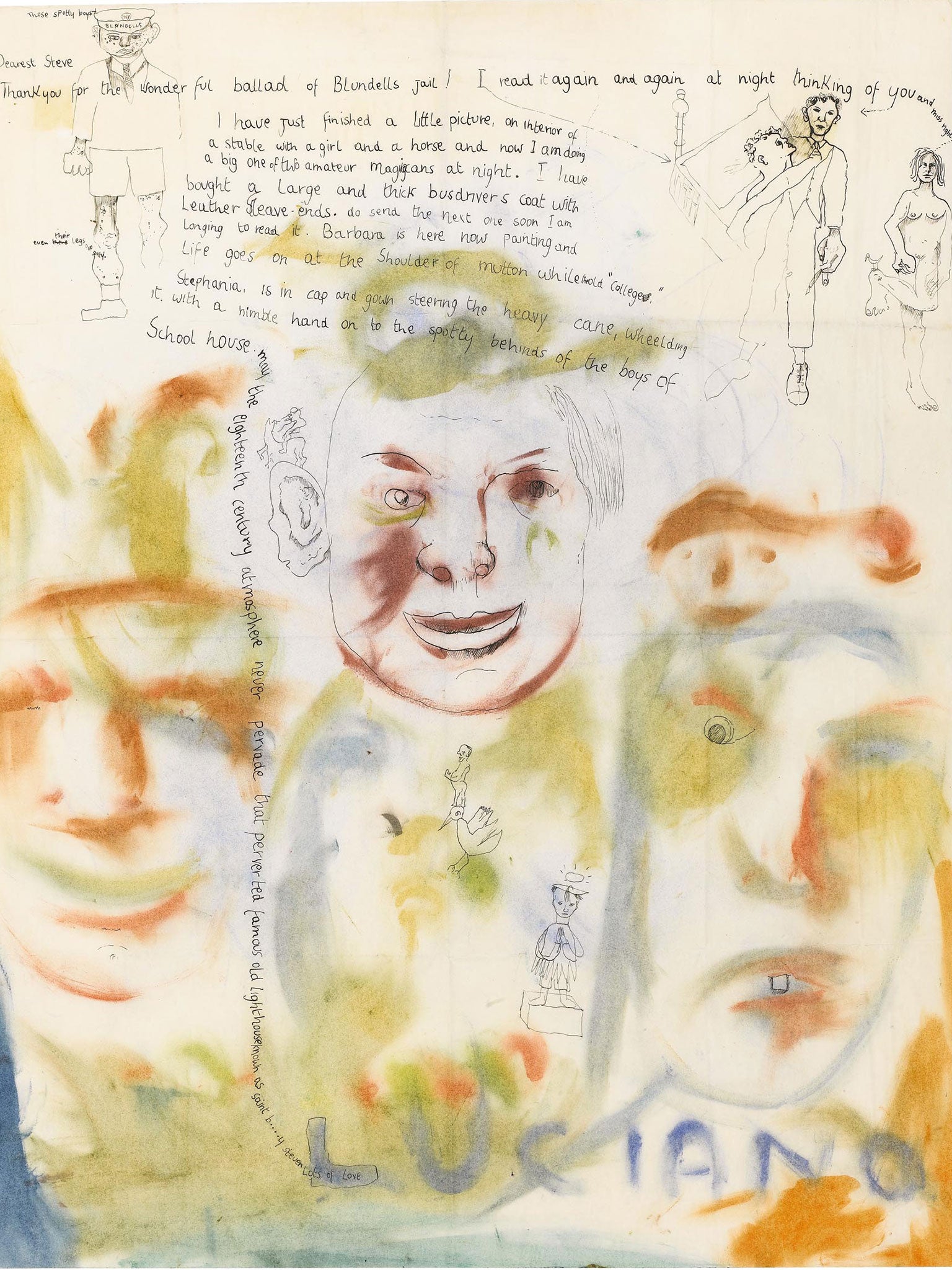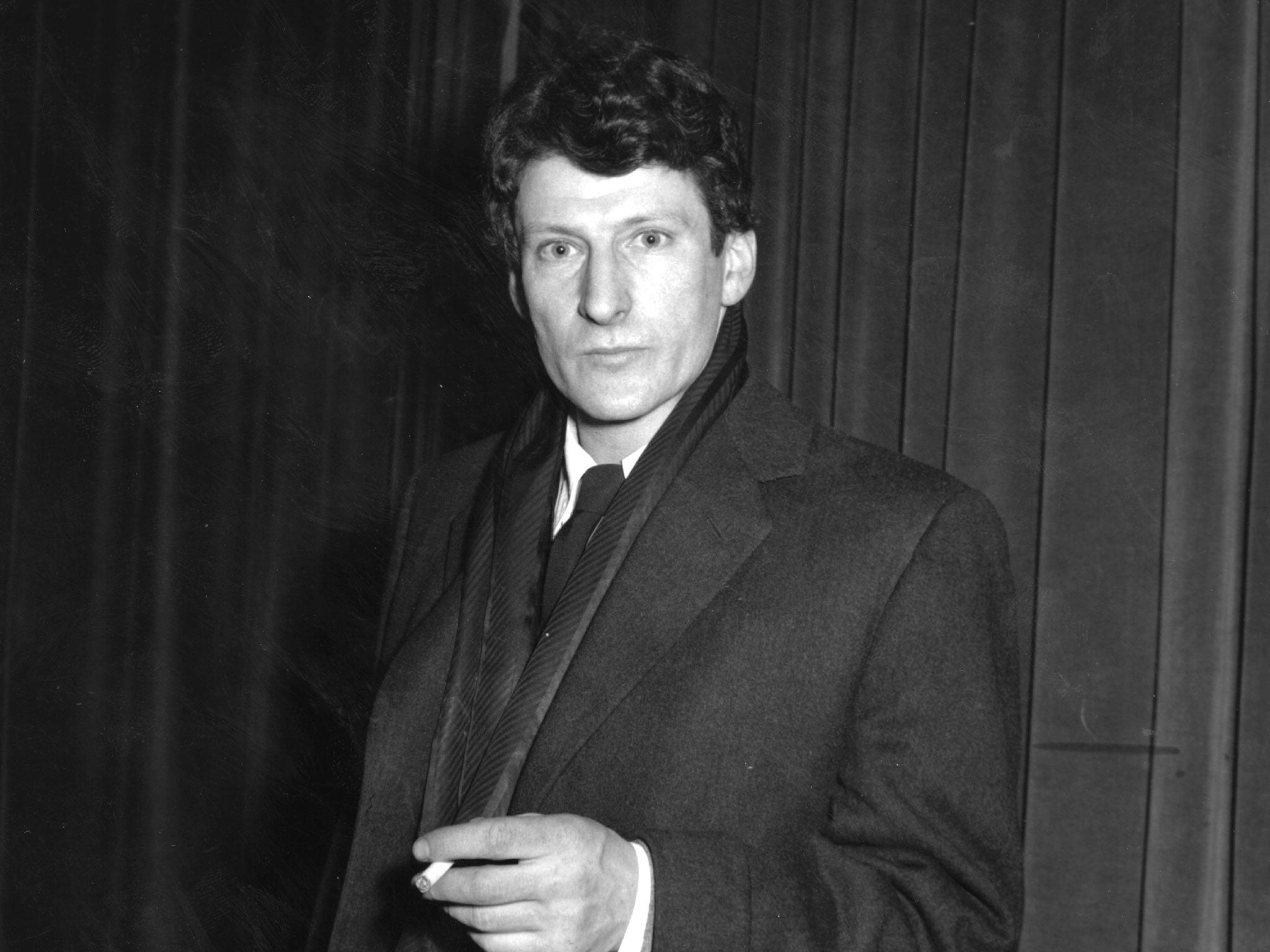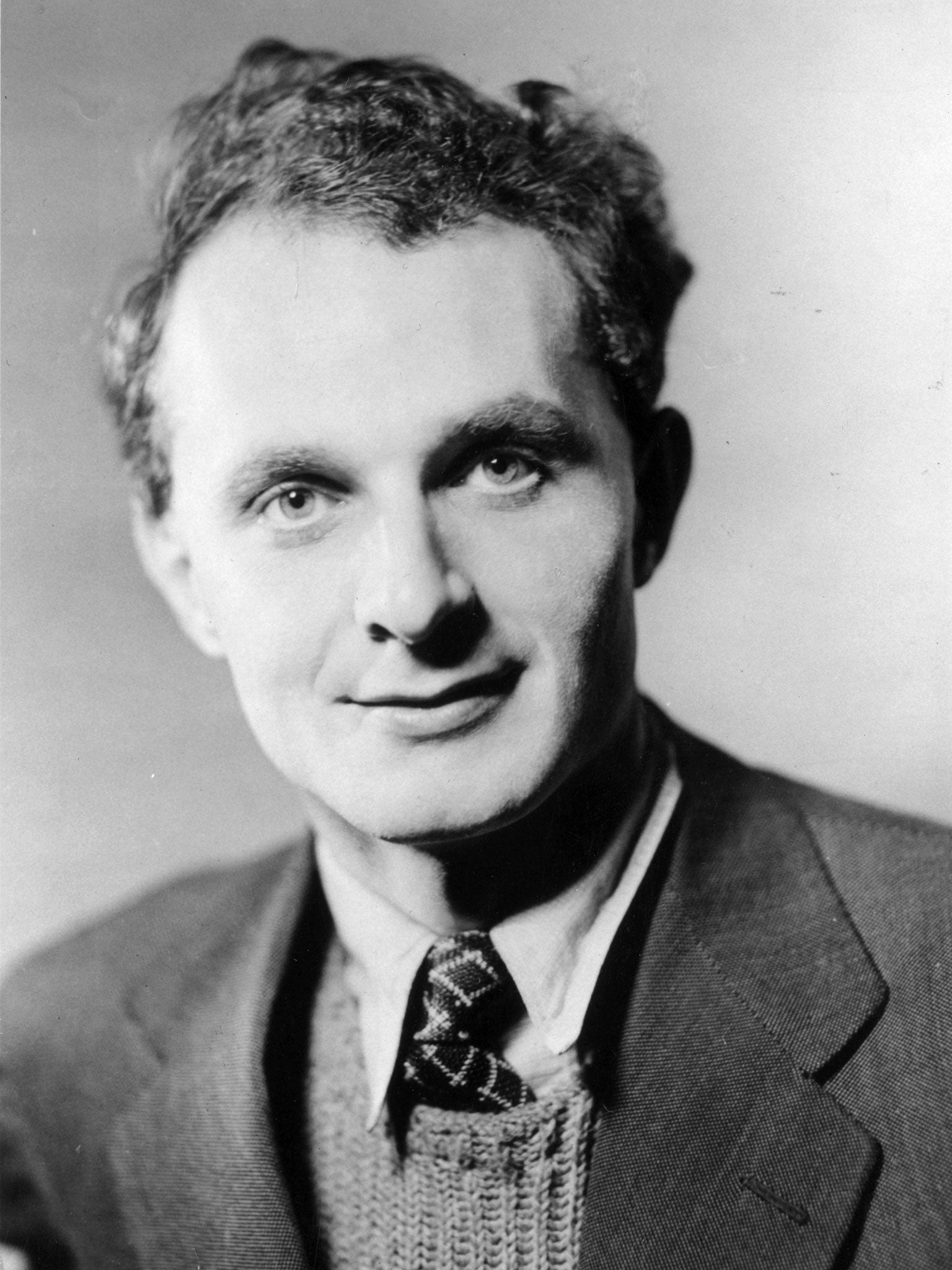'Notorious heterosexual' Lucian Freud's letters suggest he had affair with Stephen Spender
Letters written to Spender by the young Freud have now emerged which offer tantalising hints that the friendship went beyond the platonic

Your support helps us to tell the story
From reproductive rights to climate change to Big Tech, The Independent is on the ground when the story is developing. Whether it's investigating the financials of Elon Musk's pro-Trump PAC or producing our latest documentary, 'The A Word', which shines a light on the American women fighting for reproductive rights, we know how important it is to parse out the facts from the messaging.
At such a critical moment in US history, we need reporters on the ground. Your donation allows us to keep sending journalists to speak to both sides of the story.
The Independent is trusted by Americans across the entire political spectrum. And unlike many other quality news outlets, we choose not to lock Americans out of our reporting and analysis with paywalls. We believe quality journalism should be available to everyone, paid for by those who can afford it.
Your support makes all the difference.With 14 acknowledged children, perhaps 40 more unconfirmed, and more female lovers than is decent to count, Lucian Freud was as close to being a “notorious heterosexual” as it is possible to get.
And yet rumours have long persisted that when he was a teenager still getting to grips not just with his painting style but with sex and sexuality, he had an affair with an older man – the poet Stephen Spender.
Letters written to Spender by the young Freud have now emerged which offer tantalising hints that the friendship went beyond the platonic and could help explain why the artist in later life was seemingly reluctant to talk about his teenage years.
The letters were kept hidden by the Spender family for years for fear that the hints of a homosexual fling in the 1930s between a man in his thirties and a teenager were too revealing – even keeping them secret from his official biographer Professor John Sutherland.

In the letters, Freud, born in 1922, teasingly signs himself off as “Lucio Fruit” and “Lucionus Fruitata” – literally ‘juicy fruit’ – and makes coy reference to the “delicate subject below the waist”.
In another he wishes Spender “lots of love” and, thanking him for the “ballad of Blundells Jail”, he says, “I read it again and again at night thinking of you,” and added an arrow pointing to a small penned picture of the poet.
The letters were written from 1939 to 1941, the year Spender married his second wife, Natasha, who later claimed that his “homosexual period” ended with her.

Until then he had been bisexual, living as a couple with a man in the mid-1930s and marrying his first wife in 1936.
Professor Sutherland believes the letters are highly suggestive of an affair and the tone, he told The Mail on Sunday, was “frankly sexual”. He said: “To call yourself as a teenager a luscious fruit to a known and practising homosexual suggests either a relationship – not necessarily completely physical – or teasing of an improbable kind. I’m persuaded there was a mutually acceptable sexual relationship.”
Matthew Spender, the sculptor and poet’s son, said Freud as a young man was “the kind of man that my father would be incredibly attracted to”. He added: “If you think of the other young men in his life, they’re physically very similar to Lucian.”

When he was older Freud, who is estimated to have had 500 female lovers, told a friend that the one man he’d ever wanted to have sex with was the jockey Lester Piggott. Journalist Geordie Greig, the editor of The Mail on Sunday who wrote a biography of the artist, said Freud had homosexual affairs but “never considered himself to be gay”.
Read more: Freud's gamble: A portrait of artist as betting man
See painting of woman who broke Lucian Freud's heart
Freud's 'Fat Sue' sells for £35m at Christie's auction
The letters, which are expected to fetch £28,000 to £42,000 when they are auctioned at Sotheby’s on 2 July, are described as offering a fascinating glimpse of the artist as a young man.
Oliver Barker, deputy chairman of Sotheby’s Europe, said: “While relatively little is known about Freud’s teenage life, the emergence of these letters is a sensational moment, providing a glimpse into the workings of a truly artistic mind.
“More than just letters, they are artworks in their own right. Filled with drawings and watercolours, they show the workings of the artist, reflecting his artistic output at the time.”
Join our commenting forum
Join thought-provoking conversations, follow other Independent readers and see their replies
Comments